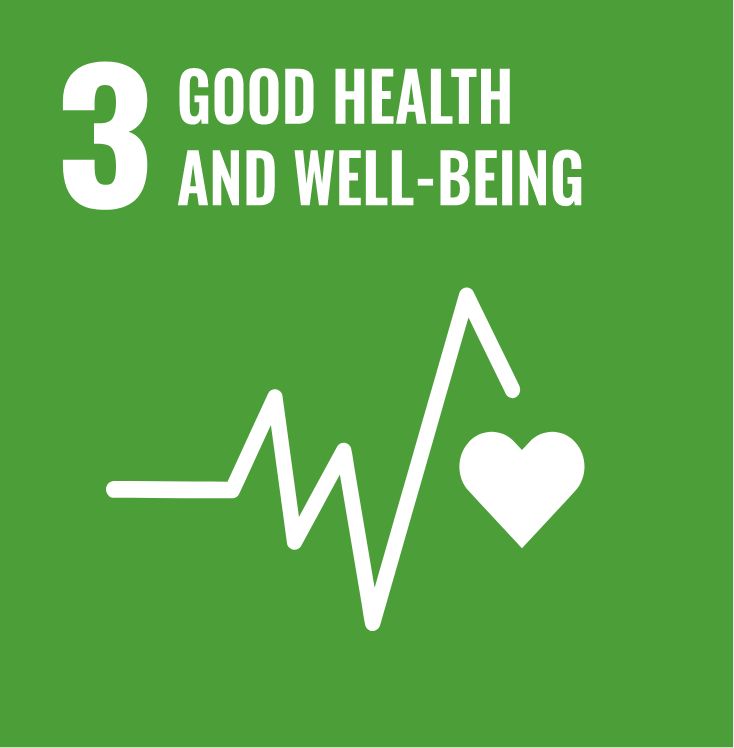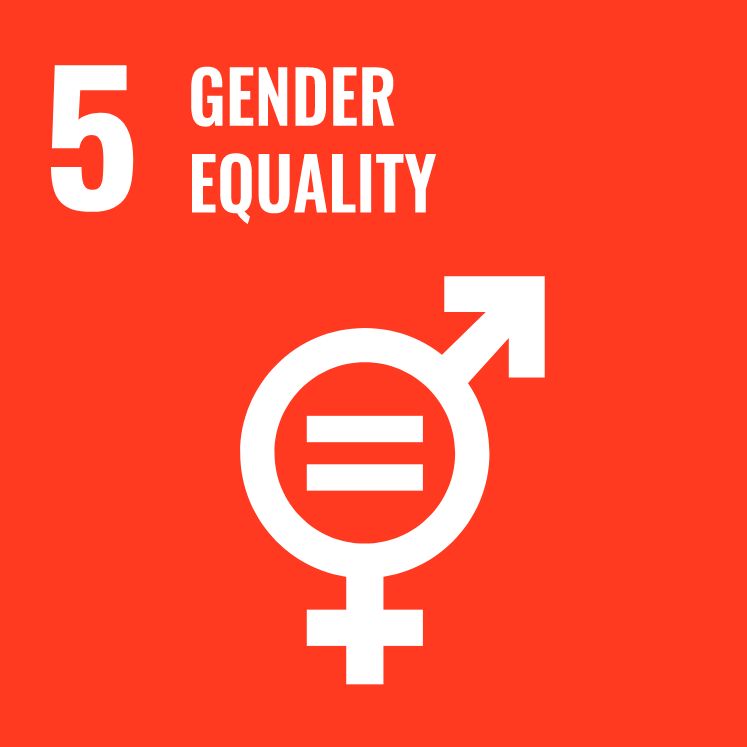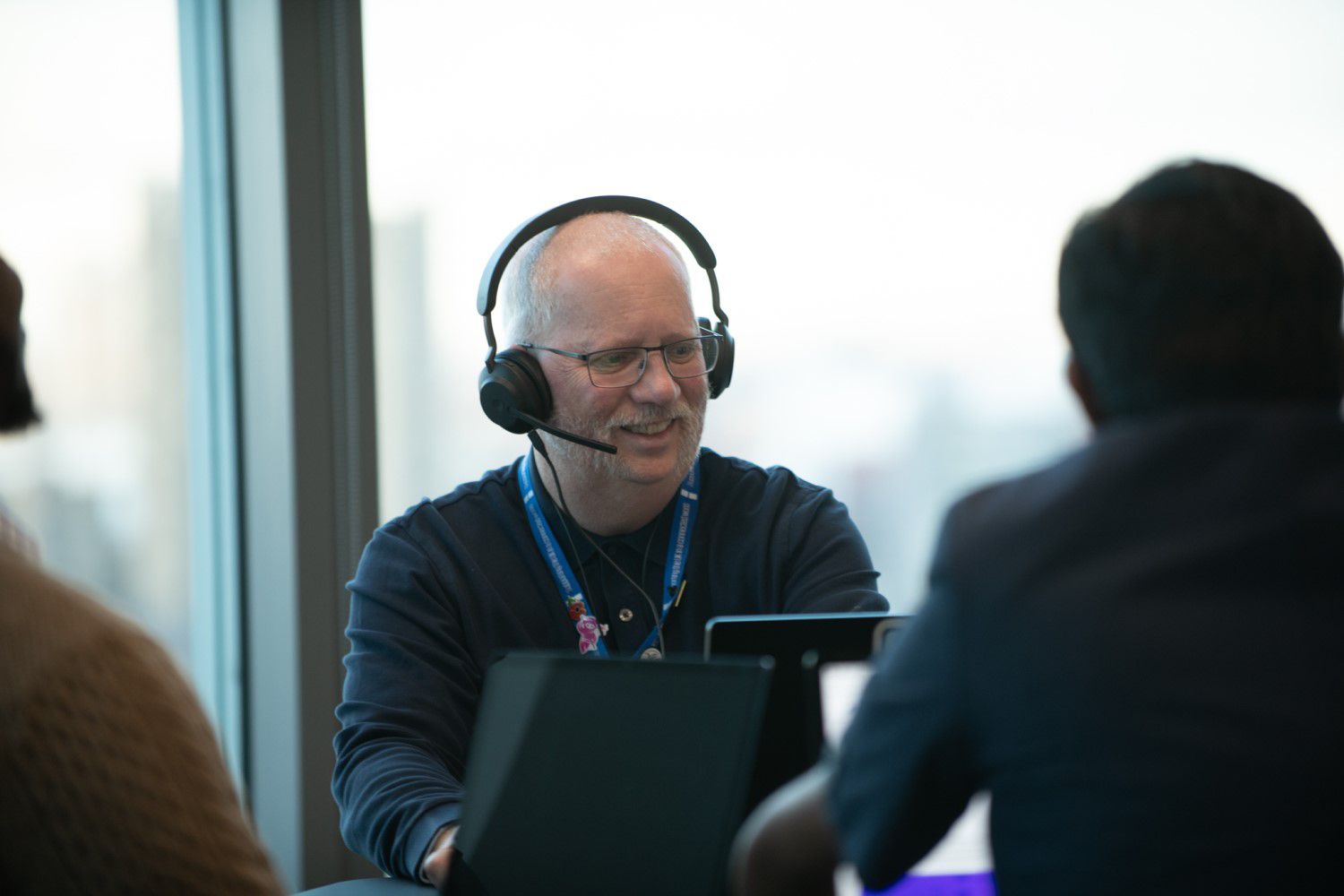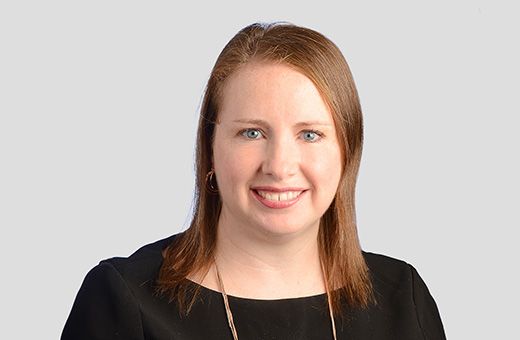Throughout this content, “we”, “KPMG”, “us” and “our” refers to the global organization, to KPMG International Limited (“KPMG International”), or to one or more of the member firms of KPMG International Limited, each of which is a separate legal entity.
“Reporting KPMG Firms” means KPMG firms in 20 large countries and territories, including member firms whose senior partner is also a Global Board member. These countries and territories are Australia, Brazil, Canada, China, France, Germany, India, Ireland, Italy, Japan, Mexico, the Netherlands, Poland, Singapore, South Africa, South Korea, Spain, Switzerland, the UK and the US.
KPMG International Limited provides services and support to, or for the benefit of, KPMG firms and does not provide professional services directly, or indirectly, to clients. Professional services to clients are exclusively provided by KPMG firms who remain solely responsible for and liable in respect of these services.
KPMG refers to the global organization or to one or more of the member firms of KPMG International Limited (“KPMG International”), each of which is a separate legal entity, and/or to KPMG International Limited. KPMG International Limited is a private English company limited by guarantee and does not provide services to clients. For more detail about our structure please visit kpmg.com/governance.
The information contained herein is of a general nature and is not intended to address the circumstances of any particular individual or entity. Although we endeavor to provide accurate and timely information, there can be no guarantee that such information is accurate as of the date it is received or that it will continue to be accurate in the future. No one should act on such information without appropriate professional advice after a thorough examination of the particular situation.
















